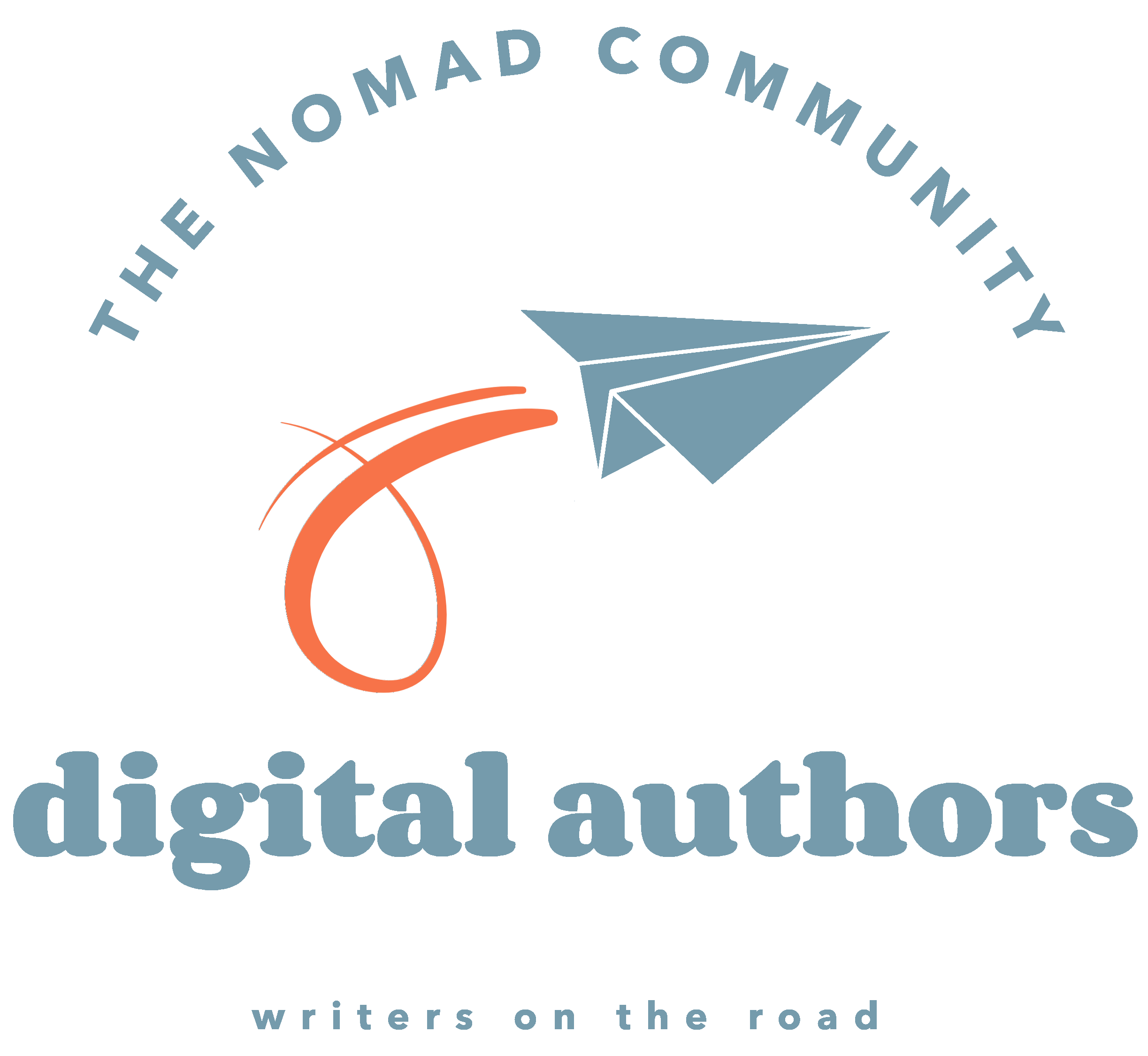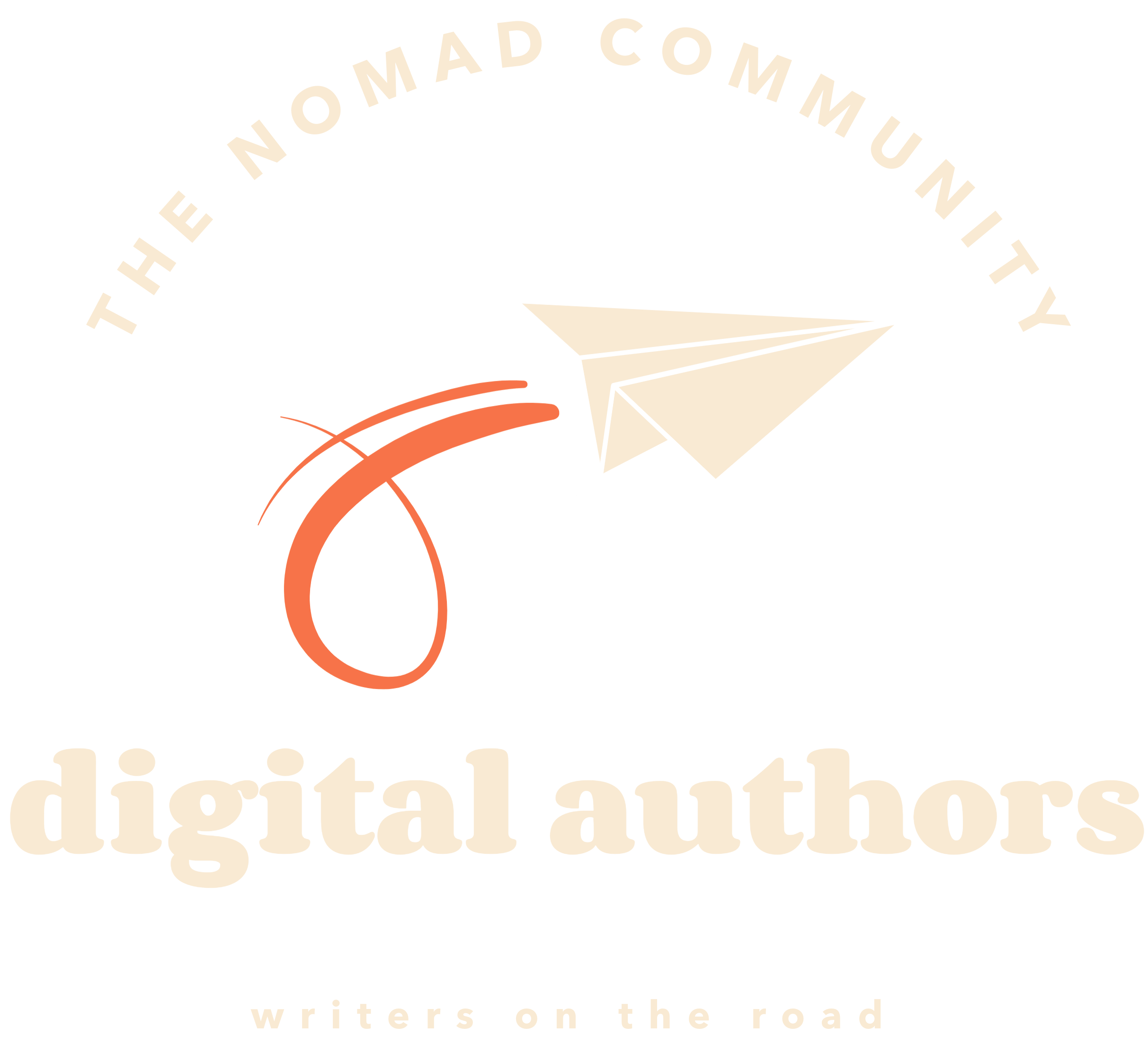Hello, aspiring authors and imaginative souls! The journey of writing a book begins with a pivotal question: “What to write a book about?” In this article, we’ll embark on an exploration of inspiration, uncovering strategies to discover your next captivating story idea. So, grab your notebook, open your mind to possibility, and let’s delve into the world of book-worthy concepts.
-
- Personal Passions and Expertise Start your quest by delving into your personal passions and areas of expertise. Consider what excites you, what topics you could talk about endlessly, and where your unique insights lie. Your deep connection to a subject can infuse your writing with authenticity and enthusiasm.
- Unexplored Historical Events History is a treasure trove of untold stories. Dive into lesser-known historical events or figures that intrigue you. By weaving your perspective and research into a narrative, you can breathe life into forgotten tales.
- Contemporary Social Issues Addressing current social issues through fiction can create powerful narratives that resonate with readers. Explore themes like climate change, identity, mental health, or societal challenges to spark meaningful conversations through your writing.
- Imaginative Fiction Worlds Let your imagination run wild by creating entirely new worlds and realms. From epic fantasy to dystopian futures, the possibilities are limitless. Build intricate worlds with their own rules, cultures, and characters that captivate your readers’ imagination.
- Inspirational Biographies Biographies are windows into extraordinary lives. If you’re drawn to real-life stories of resilience, innovation, and human triumph, consider researching and chronicling the journey of remarkable individuals.
- Genre Fusion and Mashups Mixing genres can yield refreshing and unexpected narratives. Merge fantasy with mystery, romance with science fiction, or historical fiction with humor to craft a story that defies categorization.
- Personal Journeys and Reflections Sometimes, the most compelling stories are the ones drawn from your own experiences. Share your personal journey, challenges, and triumphs through memoir or autobiographical fiction.
- Alternate Perspectives Challenge conventional narratives by exploring stories from unconventional perspectives. Telling a familiar story from a different angle can shed new light on well-known events.
- Intriguing What-If Scenarios “What if” scenarios are the playground of creativity. Pose thought-provoking questions and explore their potential consequences to create narratives that engage and entertain.
- Letting Inspiration Guide You Above all, let inspiration be your guide. Ideas can strike from unexpected places – a dream, a conversation, a fleeting thought. Remain open to the world around you, and let it fuel your storytelling.








